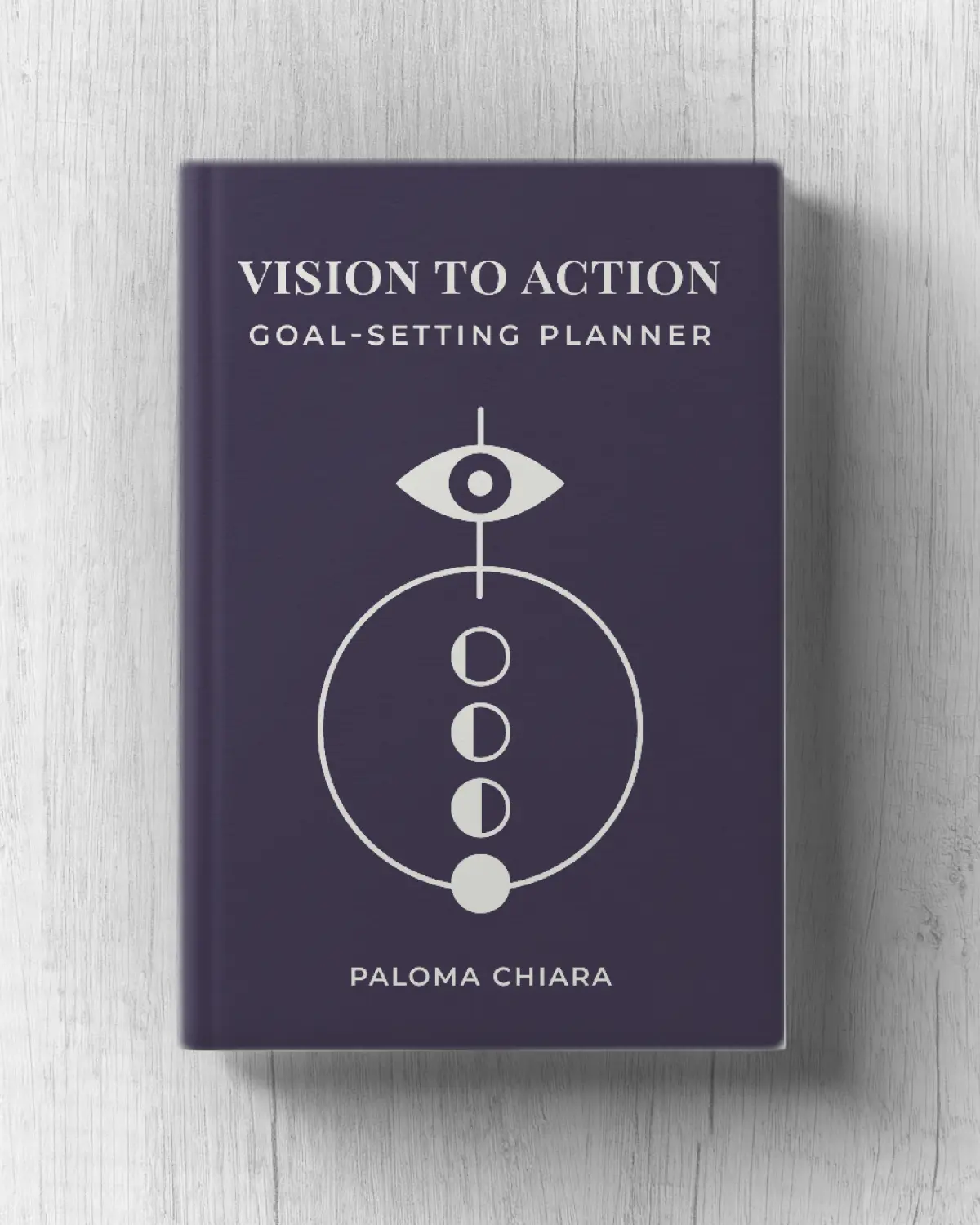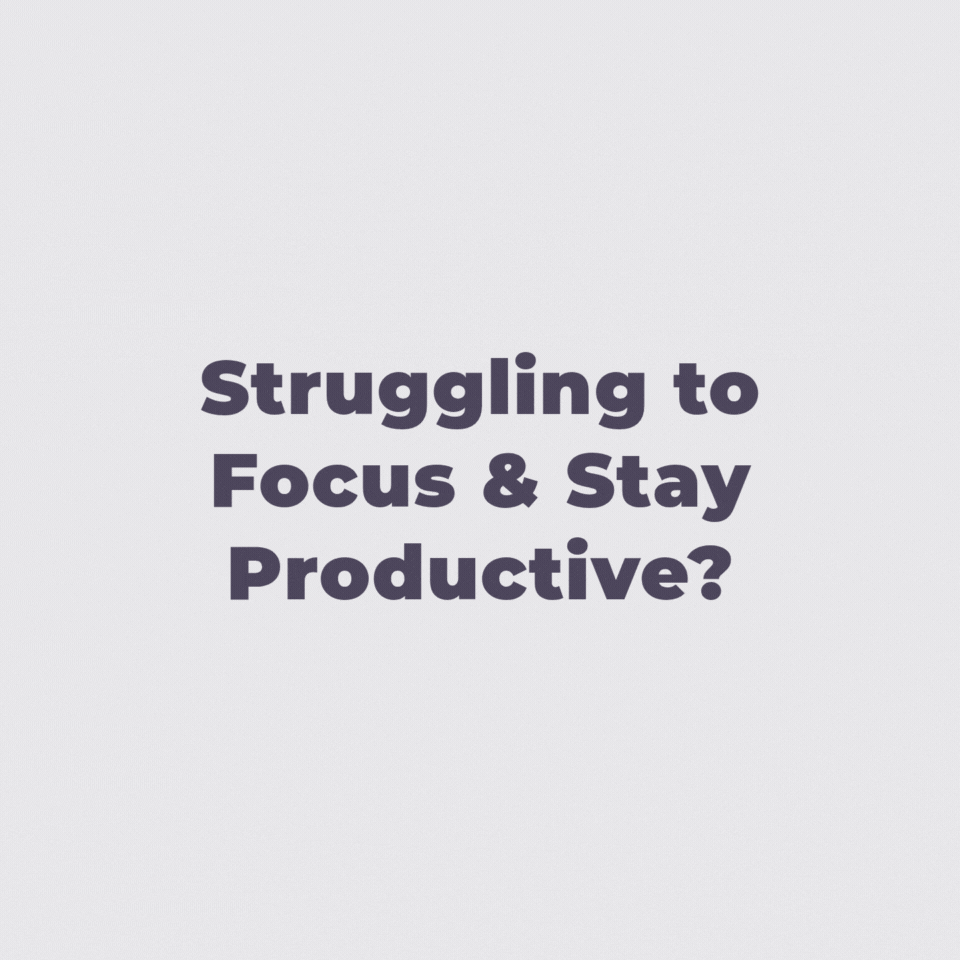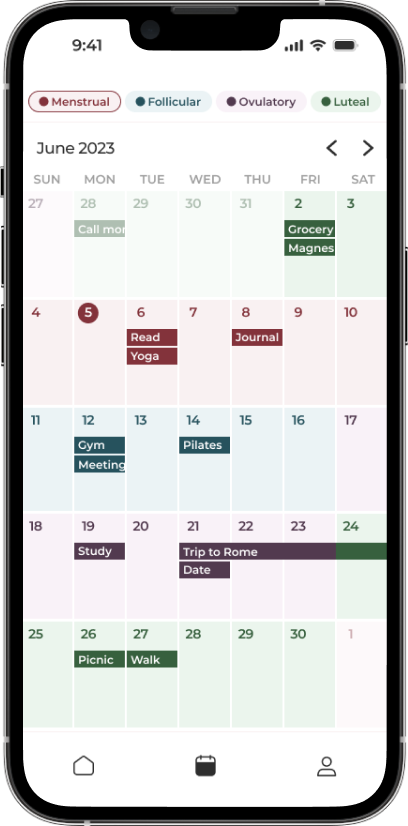How Control Shapes Your Life

In psychology, the concept of locus of control refers to how individuals perceive the causes of their success and failure. It’s a framework that helps explain whether people believe they are in charge of their lives or if external forces—like luck or fate—determine their outcomes. Julian Rotter introduced this idea in 1954, and it remains essential in understanding behavior, motivation, and personal development.
This article will break down the differences between an external and internal locus of control, explore how each influences life outcomes, and explain how a life coach can help individuals shift towards an internal locus of control, enhancing personal and professional growth.
What Is Locus of Control?
The term locus means “place” or “location,” so locus of control refers to where a person believes control over their circumstances originates. It falls into two categories:
Internal Locus of Control: People with an internal locus of control believe they are primarily responsible for the outcomes in their life. Their success or failure, in their view, stems from their actions, decisions, and effort. External Locus of Control: Those with an external locus of control feel that outside forces—like luck, fate, or other people—determine what happens in their lives.
Characteristics of Internal Locus of Control
People with an internal locus of control generally exhibit these traits:
- Self-Efficacy: They believe in their ability to influence their lives and take responsibility for outcomes. Problem-Solving Approach: Challenges are approached proactively, with the belief that effort will lead to solutions.
- Higher Achievement: Research shows that individuals with an internal locus of control often perform better academically and professionally because they set goals and work hard, believing their actions matter.
- Accountability: They accept responsibility for both their successes and failures. Optimism About Control: They maintain that future outcomes can be shaped by their decisions, fostering resilience and a growth mindset.

Check out the Vision to Action Planner for only 6$
More infoCharacteristics of External Locus of Control
In contrast, those with an external locus of control tend to have the following tendencies:
- Attribution to External Factors: They credit luck, fate, or other external influences for their outcomes, whether positive or negative.
- Passivity and Helplessness: Such individuals might feel powerless in the face of challenges, assuming they have little influence over outcomes.
- Increased Stress and Anxiety: A belief that life is unpredictable or uncontrollable can heighten stress.
- Blaming External Forces: Failures are often attributed to others or circumstances rather than personal actions.
- Lower Motivation: They may feel less driven to work hard, as they believe their efforts don’t directly impact results.
The Role of a Life Coach in Cultivating an Internal Locus of Control
Shifting from an external to an internal locus of control can be transformative, but it often requires self-awareness and strategic guidance. This is where a life coach can be immensely helpful. Life coaches specialize in helping individuals break through mental barriers, build confidence, and take charge of their lives. Here are specific ways a life coach can help:
Identifying Limiting Beliefs
A life coach works with clients to uncover limiting beliefs that may be keeping them stuck in an external locus of control. For example, someone might believe that they are unlucky or not smart enough to succeed. A life coach can help challenge these narratives, reframing them to focus on how personal actions and mindset play a role in outcomes.
Example: A client who believes they are unlucky in their career might learn to see how their skills, attitude, and networking efforts have a significant impact on job opportunities.
Encouraging Personal Accountability
Life coaches emphasize personal responsibility by helping clients recognize the power of their decisions and actions. Through goal-setting and accountability measures, they encourage clients to take ownership of their behavior and its outcomes.
Actionable Approach: Coaches often assign specific tasks and check-ins that require individuals to take proactive steps, whether in their career, relationships, or health. By holding the individual accountable, the coach reinforces the idea that effort leads to tangible results.
Developing Problem-Solving Skills
One of the hallmarks of an internal locus of control is a proactive approach to problem-solving. A life coach can teach clients to break down challenges into smaller, manageable tasks and tackle them one at a time. This shift helps individuals see that they have the tools to affect change, even in complex situations.
Example Exercise: A coach might guide a client through developing a strategy for a major life transition—such as changing careers—by setting incremental goals and offering techniques for overcoming obstacles along the way.
Building Self-Confidence
People with an external locus of control often lack confidence in their abilities to make a difference in their lives. Life coaches work on boosting self-esteem by helping clients focus on their strengths and past successes. By recognizing these achievements, individuals start to see how their actions have positively influenced their circumstances.
Reflection Exercise: A life coach may ask a client to reflect on a recent success, breaking down the steps they took to achieve it, reinforcing the idea that their actions matter.
Resilience and Growth Mindset Development
Life coaches help clients cultivate a growth mindset, which aligns closely with an internal locus of control. A growth mindset means believing that abilities and intelligence can develop through effort, perseverance, and learning. Coaches encourage clients to see failures as learning opportunities, helping them bounce back stronger.
Coaching Insight: Instead of dwelling on what went wrong, a life coach will guide the client to ask, “What can I learn from this experience?” and “How can I improve next time?”
Quiz: What Is Blocking Your Success?
This quick quiz will help you figure out which mental or behavioral pattern might be holding you back from achieving your full potential. Identifying your specific success blocker is the first step toward breaking through to new levels of achievement and fulfillment.
Read each question and choose the answer that feels most true to your situation.
No email or payment is required to complete the quiz and receive your personalized insights.
Once you have your primary success blocker, you have clarity about what’s been holding you back. This awareness is powerful—many people spend years struggling without understanding the specific pattern that’s limiting their progress.
Remember, these patterns aren’t permanent character traits but rather habitual ways of thinking and behaving that can be changed with the right guidance and practice.
If you’re ready to break through your specific blocker and achieve the success you know you’re capable of, send me an email to try out a coaching session. Your breakthrough awaits!
Shifting Focus from What Can’t Be Controlled
While an internal locus of control is valuable, it’s equally important to recognize that some factors are beyond our control. Life coaches help clients distinguish between what they can and cannot control, which reduces stress and fosters a healthier outlook on life.
Balancing Act: Coaches often work on helping individuals accept the inevitability of external factors (like market changes or others’ decisions) while focusing on what they can control (like their response or preparation).
How Locus of Control Affects Life Areas
Career and Work
People with an internal locus of control often aim for leadership positions, believing they can influence organizational outcomes. A life coach can help professionals navigate their career growth by focusing on skill development and strategic decision-making.
Health and Well-Being
Individuals with an internal locus are more likely to engage in health-promoting behaviors. Life coaches can offer accountability and motivation, helping clients stick to routines like exercise or dietary changes.
Relationships
Life coaches can help clients improve their relationships by fostering personal accountability, effective communication, and emotional intelligence—tools that come with an internal locus of control.
Understanding the difference between an external and internal locus of control is key to personal development and success. While neither is inherently “better,” those with an internal locus tend to be more proactive, accountable, and resilient. Working with a life coach can be a powerful way to shift toward an internal locus of control. By encouraging personal responsibility, building confidence, and developing problem-solving skills, life coaches help individuals take charge of their lives and create lasting change.
Through this process, people can gain a stronger sense of agency, leading to greater satisfaction in their personal and professional lives.
Still waiting for the 'perfect time'?
Email me what you'd do if you stopped making excuses. We'll work backwards from there.
Let's startRecent posts
-
The Complete Guide to Becoming a High Achiever
Read blog -
How To Make a Positive Impact in Your Community
Read blog -
What Is the “Winter Arc” Challenge?
Read blog -
What Is "the Great Lock-In" and Should You Try It?
Read blog -
What Are the 75 Hard and Soft Challenges?
Read blog -
How to Validate Yourself
Read blog

The App Made To Sync Your Lifestyle to Your Menstrual Cycle.
A solution for women who are looking to keep track of what they sync to their cycles, such as fitness, diet, etc. by adding it to a calendar that also predict their phases.
Learn more





Comment